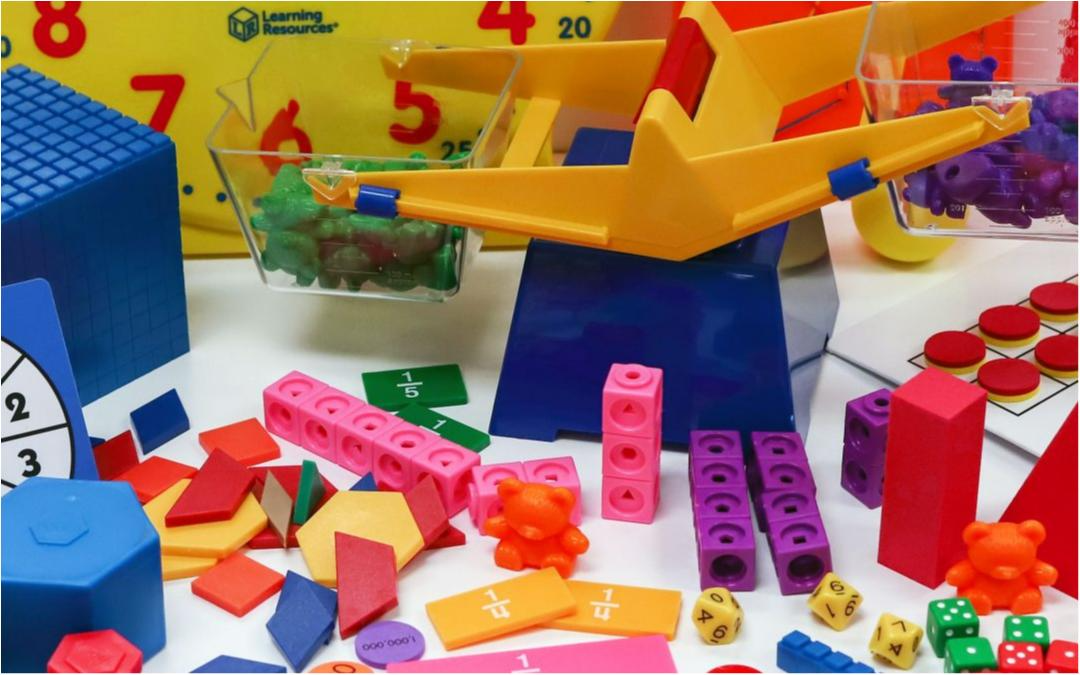
Mathematics
Intent
At Pondhu Primary School, we aim to teach our children a rich, progressive and sequential maths curriculum which develops their ability to calculate, reason and solve problems, enabling them to make sense of the world around them.
We aim to provide high quality mathematical learning experiences in order to develop children’s mathematical skills and understanding. Children are encouraged to explore maths through practical experiences and investigative work, building a sense of enjoyment and curiosity about the subject.
We aim to give all of our pupils, particularly the most disadvantaged, the knowledge, experiences and ‘cultural capital’ necessary to become educated citizens and to succeed in life.
The aims of teaching Maths, as outlined in the National Curriculum, are to ensure that all pupils:
- become fluent in the fundamentals of mathematics, including through varied and frequent practice with increasingly complex problems over time, so that pupils develop conceptual understanding and the ability to recall and apply knowledge rapidly and accurately.
- reason mathematically by following a line of enquiry, conjecturing relationships and generalisations, and developing an argument, justification or proof using mathematical language
- can solve problems by applying their mathematics to a variety of routine and non-routine problems with increasing sophistication, including breaking down problems into a series of simpler steps and persevering in seeking solutions.
Implementation
At Pondhu, we believe that all children can be successful in the study of mathematics. We use mixed ability groupings and do not group children by prior attainment, except for where significant gaps in learning exist.
In order to achieve mastery, our expectation is that through quality first teaching, all our children will successfully access the learning. We expect the vast majority of pupils to move through the programmes of study at broadly the same pace. However, for children who are not fluent, we provide opportunities to consolidate their understanding through additional scaffolding (this could be through adult support, concrete resources or adapted work).
Across the school daily maths lessons are taught where:
- Children practice fluency and the ability to recall and apply knowledge accurately and quickly.
- Children develop reasoning skills by following a line of enquiry, generalising or justifying proof using mathematical language.
- Children develop competence in solving increasingly complex problems.
Early Years Foundation Stage
In Reception, teachers use the Power Maths schemes of learning. These are matched to the National Curriculum Early Learning goals. In the Early Years, maths is a specific area of learning in the Development Matters Curriculum. Through continuous provision, play based opportunities are carefully planned to enable children to consolidate their learning. Learning opportunities are provided to create a stimulating space where children feel confident, secure and challenged in their mathematical thinking. Regular observations and assessments help to ensure that children that need additional intervention to consolidate their mathematical understanding are identified and supported appropriately.
Key Stage 1 and 2
In Years 1-6, we follow the National Curriculum, using the Power Maths schemes of learning for curriculum planning to ensure progression across the year groups. It is a scheme of work recommended by the DfE and NCETM (National Centre of Excellence for the teaching of maths), which promotes a mastery approach to mathematics. It builds every concept in small, progressive steps and is built with interactive, whole-class teaching in mind. It provides the tools needed to develop growth mindsets, check understanding throughout lessons and ensuring that every child is keeping up. The Power Maths curriculum covers units of learning in Number, Measurement and Geometry, Statistics, Algebra and Ratio and Proportion.
Power Maths
At the heart of Power Maths is a progressive lesson sequence designed to empower children to understand core concepts and grow in confidence.
Throughout each stage of the lesson, teachers check on children’s understanding through high quality questioning enabling misconceptions to be quickly addressed.
In addition, we use a range of mastery resources to challenge our more able children and deepen their understanding.
Winning With Numbers
The Winning With Numbers programme is like phonics for maths. The children follow a small steps, sequences approach that builds the their fluency in number. All children have daily 15 minute sessions.
Numbots
Children in Early Years and Key Stage 1 have access to Numbots. This is an online programme which aims to improve children’s recall and understanding of number bonds and addition and subtraction facts.
Times Tables Rock Stars (TTRS)
TTRS is used by children in Years 2-6 in order to practice their quick recall of times tables. It is an online resource which children can also access at home. From years 2 – 6, there is a big focus on the develop of multiplication facts. Home learning includes the use of Times Tables Rock Stars.
IMPACT
Assessment
At Pondhu, we assess maths in the following ways:
- Daily formative assessment which is used to inform next steps planning.
- In EYFS, observations are recorded in children’s learning journals online through Tapestry and next steps are identified.
- Times tables fluency progress (Year 2-6) each term
- Termly teacher assessments
- Termly PUMA / practise SATs in Years 2-6 (Year 1 Summer).
- End of unit assessments.
The impact of our maths curriculum is that children become confident and successful learners’ who can achieve regardless of their starting points. Assessments show that maths knowledge and skills are developing and children are able to apply their skills and knowledge to more challenging problems.
Children across the school have positive attitudes towards their learning in maths and enjoy maths lessons. Children make progress in maths from their starting points on entry and are closing the gap towards attaining national expectations. They are given opportunities to enable them to achieve the greater depth standard. It is our aim that all cohorts will achieve in line with or above national expectations and that they make good progress.

